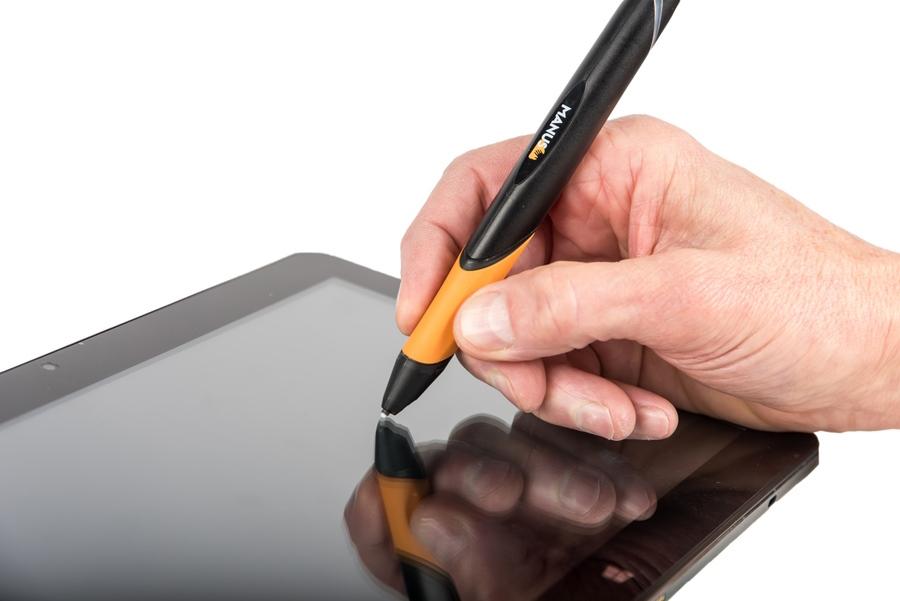Nerve damage-tracking pen to be used in CAR-T patients

Nerve damage is a recognised side effect of some CAR-T therapies for cancer, and one that could be spotted early using a pen device developed by UK company Manus Neurodynamica.
Originally developed to track symptoms like tremor in patients with Parkinson’s disease, Manus’ NeuroMotor Pen will now be put through its paces in a clinical trial by Johnson & Johnson, the company behind multiple myeloma CAR-T therapy Carvykti (ciltacabtagene autoleucel).
The pen can detect subtle movement abnormalities invisible to the naked eye when patients carry out simple drawing tasks on a daily basis, according to the company.
Now, J&J will carry out a clinical trial to see if it can be used to track side effects of CAR-T therapies, after Manus won a competition run by the drugmaker to find technologies that could be used to detect neurotoxic events earlier. Patients will perform drawing tasks on a daily basis in the month following CAR-T treatment.
In the main study supporting approval of Carvykti last year, it was reported that around 20% of patients had immune effector cell-associated neurotoxicity syndrome (ICANS) or other neurotoxicities, according to an analysis published last year in Blood Cancer Journal.
ICANS can manifest as aphasia, altered consciousness, cognitive skills impairment, motor weakness, seizures, and cerebral oedema, and in some rare cases the complications can prove fatal. Risk factors include a high tumour burden before treatment.
At the moment treatment is mainly supportive, with a focus on preventing seizures and the use of corticosteroids to dial back the immune system in the hope of limiting the reactions. Spotting the symptoms earlier may allow treatment to start sooner and limit the severity of ICANS, potentially preventing irreversible harm.
“We now have a unique opportunity aiming to further the utility of the NeuroMotor Pen that was previously proven in other areas and put it to use in immunotherapy,” commented Dr Rutger Zietsma, chief executive of Edinburgh-based Manus.
“Reducing the risk of patients developing irreversible and sometimes life-threatening side effects of immunotherapy in cancer is a hugely worthwhile new focus areas for Manus, with the potential to improve outcomes for many patients.”
Manus was granted breakthrough device designation for the NeuroMotor Pen in 2021 as an aid for the diagnosis of Parkinson’s disease.
The company said earlier this year it is in the process of agreeing a study protocol with the FDA in anticipation of a US-based clinical trial aiming to show specificity and sensitivity in differential diagnosis of Parkinson and non-Parkinson tremor, as was achieved in European trials.












